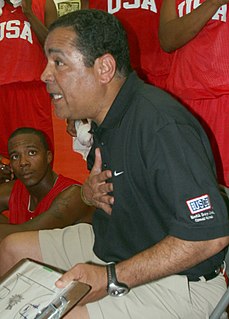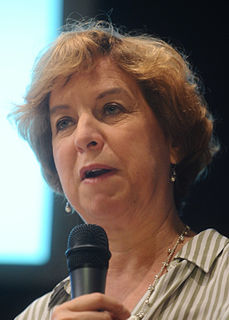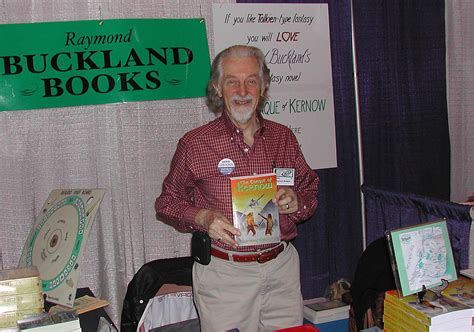A Quote by Jason Aaron
Plot-wise, there's nothing particularly groundbreaking about 'Scalped.' It starts off as something we've seen plenty of times before: the story of an undercover FBI agent infiltrating a criminal organization and the story of the guy at the head of that organization. The twist was always the setting: a modern-day Native American reservation.
Related Quotes
Do you ever get moods when life seems absolutely meaningless? It's like a badly-constructed story, with all sorts of characters moving in and out who have nothing to do with the plot. And when somebody comes along that you think really has something to do with the plot, he suddenly drops out. After a while you begin to wonder what the story is about, and you feel that it's about nothing—just a jumble.
The fiction writer has a lot of balls to juggle. Setting, pacing, dialogue, and so on. And let's not forget: plot. That was always a hard one for me. And I always had this spastic tendency to wrap up a story before I'd seen it the whole way through, a sort of writer's pre-ejaculatory tendency: "The End!"
The one good thing about a movie and music and stuff like that: Sometimes it's a counterpoint between the movie and the music itself, the difference and the tension they build together. I think that could be something that helped with me, because when I write songs now, I write lyrics a bit like that. I try to make the music be an interesting twist on the lyrics and help tell the story in a - I don't tell crazy stories, you know? So a lot of times, the twist is in the subtleties. The twist is in the way the story's told.
You see the one thing I've always maintained is that I'm an American Indian. I'm not a Native American. I'm not politically correct. Everyone who's born in the Western Hemisphere is a Native American. We are all Native Americans. And if you notice, I put American before my ethnicity. I'm not a hyphenated African-American or Irish-American or Jewish-American or Mexican-American.
I believe the only way a writer can keep himself up to the mark is by examining each story quite coldly before he starts writing it and asking himself if it is all right as a story. I mean, once you go saying to yourself, 'This is a pretty weak plot as it stands, but I'm such a hell of a writer that my magic touch will make it okay,' you're sunk. If they aren't in interesting situations, characters can't be major characters, not even if you have the rest of the troop talk their heads off about them.
I think it's possible for me to approach the whole problem with a broader scope.When you look at something through an, an organizational eye, whether it's a, a religious organization, political organization, or a civic organization, if you look at it only through the eye of that organization, you see what the organization wants you to see. But you lose your ability to be objective.




































